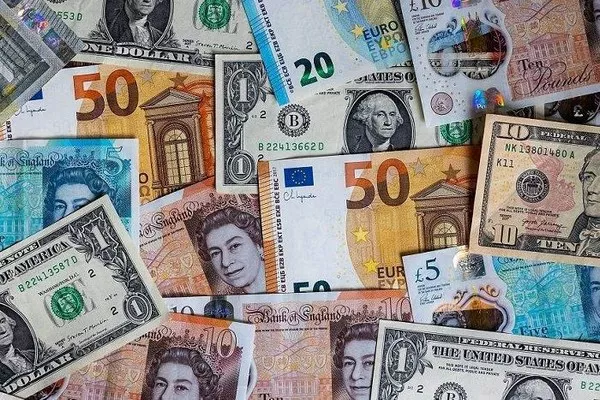In the complex realm of global economics, the strength or weakness of a nation’s currency plays a pivotal role in shaping its economic landscape. The value of a currency, often reflected in exchange rates, has far-reaching implications for various stakeholders. One scenario that raises both eyebrows and questions is a weakened pound. While a weaker currency may be a cause for concern for some, it also brings forth a set of beneficiaries. In this article, we delve into the intricacies of who stands to gain from a weakened pound and the multifaceted impacts it can have on the global economy.
Exporters and International Trade:
One of the primary beneficiaries of a weakened pound is the exporting sector. A devalued currency makes a nation’s goods and services more competitively priced in the international market. British exporters, for instance, find their products more affordable for foreign buyers, potentially leading to increased demand. This boost in exports can stimulate economic growth, enhance job opportunities, and contribute positively to a country’s balance of trade.
Tourism and Hospitality Industry:
A weaker pound tends to make a country a more attractive destination for international tourists. Foreign visitors find that their currencies can stretch further, making travel and expenditures within the country more affordable. Consequently, the tourism and hospitality industry stands to gain from increased visitor numbers, higher spending, and a subsequent boost to the local economy. Hotels, restaurants, and various tourism-related businesses can experience an upturn in their fortunes, thus contributing to the overall economic vitality.
Multinational Corporations:
Multinational corporations (MNCs) that operate in countries with a weakened currency can also benefit. These companies often report their earnings in a stronger currency, such as the US dollar or the euro. When repatriating profits from a country with a weaker currency, they effectively receive more money in their reporting currency. This can lead to improved financial performance for these corporations, potentially leading to increased shareholder value and dividends.
Foreign Investors:
A devalued currency can make a country’s assets more attractive to foreign investors. For international investors holding stronger currencies, acquiring assets in a country with a weakened pound can present an opportunity for favorable returns. Real estate, stocks, and other investments may appear more affordable, enticing foreign capital inflows. While this can inject liquidity into the domestic financial markets, it also raises questions about the potential for speculative bubbles and the long-term stability of the economy.
Debt Reduction for Governments:
Countries with significant levels of foreign-denominated debt can find a silver lining in a weakened currency. As the value of their currency declines, the real cost of servicing their debt in foreign denominations decreases. This can provide some relief for governments grappling with high levels of debt, allowing them to allocate resources more efficiently and potentially avoid austerity measures. However, this benefit must be balanced against the potential negative consequences, such as inflationary pressures.
Impact on Consumers:
While certain sectors may benefit from a weakened pound, the situation is not without its challenges for consumers. A devalued currency often leads to higher import costs, which can translate into increased prices for imported goods and services. This, in turn, can contribute to inflationary pressures, impacting the purchasing power of consumers. For households heavily reliant on imported goods, a weakened pound may result in reduced disposable income and potential challenges in maintaining their standard of living.
See Also What Happens if the GBP Collapses?
Conclusion:
The impact of a weakened pound is multifaceted, with both positive and negative implications for various stakeholders. Exporters, the tourism industry, multinational corporations, and foreign investors can find opportunities for growth and profitability. On the flip side, consumers may face challenges as imported goods become more expensive, leading to potential inflationary pressures.
It is crucial for policymakers to carefully navigate the delicate balance between promoting economic growth through a competitive export environment and safeguarding the purchasing power of consumers. A comprehensive understanding of the factors at play is essential for crafting effective strategies that ensure a stable and resilient economy in the face of currency fluctuations. Ultimately, a nuanced approach that considers the interests of diverse stakeholders will be key to navigating the complexities of a weakened pound and its broader economic implications.


